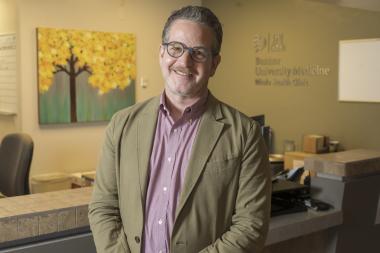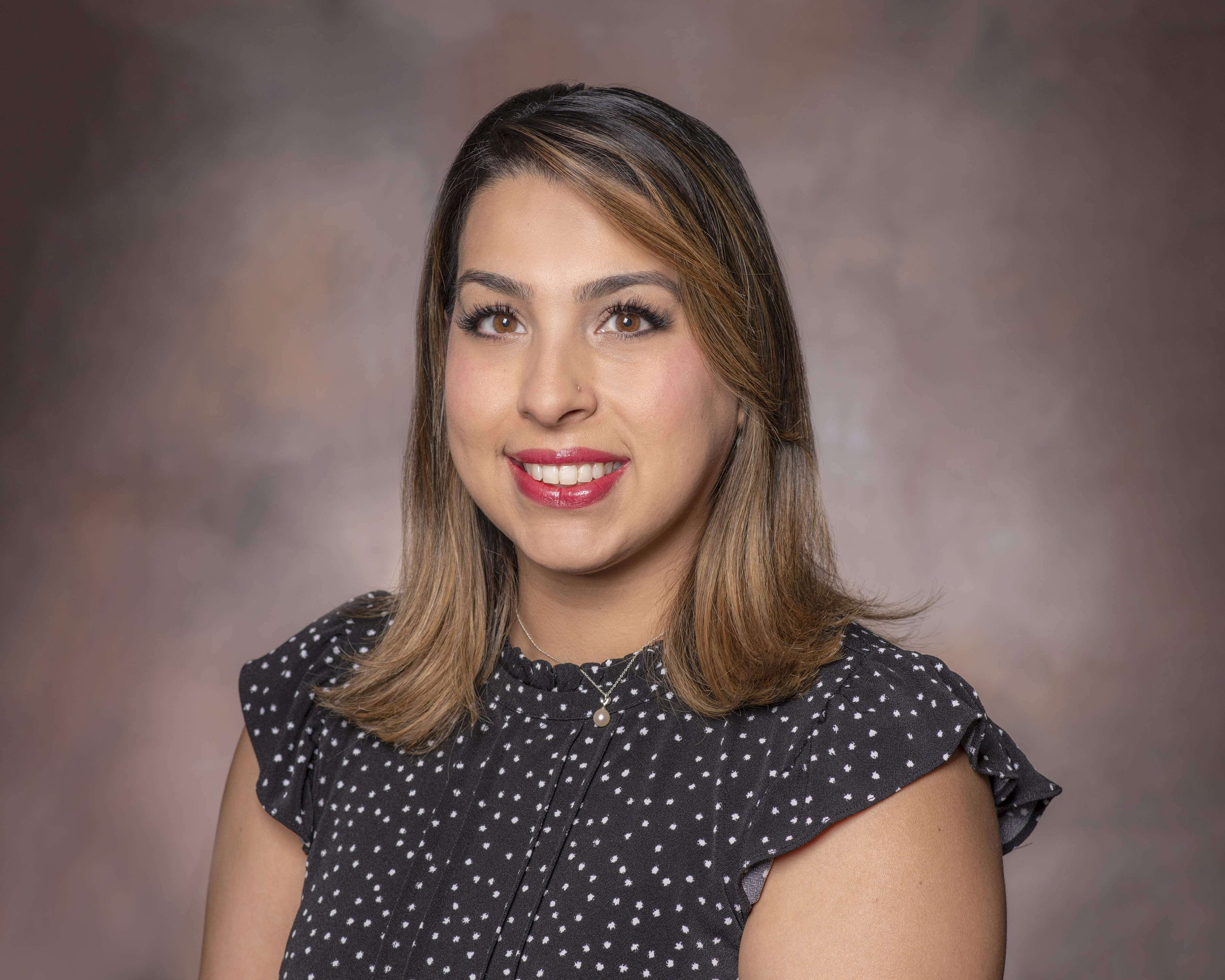Depression in Late Life: Thoughts from a Geriatric Psychiatrist
“Healthy aging is a recognition of all of the things that are changing over time – such as a person’s physical health, emotional health, and the social aspects of their daily life – and facing these age-related challenges,” explains Geriatric Psychiatrist and Assistant Professor of Psychiatry, Jasmine Singh, MD.
“It is so important to keep one’s mind engaged and active."
“For the best physical and emotional outcomes when taking care of a depressed older person, it is important to have both a strong relationship with one’s patient and to take a whole person approach.”
Dr. Singh is one of the lead psychiatrists of Banner – University Medical Center’s Behavioral Health Outpatient Late-Life Mental Health services, which she helped to establish in 2022.
“Treating older adults with depression can be involved. It isn’t just about the medications and medical problems, even if that is a large part of what we address. Working with older adults and improving their mental health requires addressing various aspects of their humanity, their strengths, limitations, and their social and family networks.
“The first thing I ask a patient to do is take me through their day – from the time they wake up to the time they go to bed. If they just sit at home and watch TV, we talk about ways we can comfortably get them out of the house. Maybe it is a walk around the block. We explore how their actions may contribute to depression, and I gently encourage and support them to help them get out of their rut, because if you do nothing, your mind is idle.
Dr. Singh points out that in much of North American society, more attention is paid to children and young adults, and older adults may be left out of the picture. This is a form of ageism, and there is increasing evidence that ageism has negative effects on physical and mental health.
“As humans, we are constantly changing, and it is vital to recognize how a depressed patient is changing and navigate that together. With older adults, adding another medication – for depression or other mental health disorders – isn’t always that easy. What is more important is that we don’t just take the medication approach. Treatment often involves elements of talk therapy to work through everything an older adult is facing.”
For difficult to treat depression – in addition to medication and therapy – our outpatient clinics also offer treatments such as brain stimulation.
3.jpeg

Jordan Karp, MD, professor and chair of the COM-T Psychiatry Department and also a geriatric psychiatrist, explains that these procedures are state-of-the-art services that can be life-changing and lifesaving.
“We work closely with patients and their referring healthcare providers to clarify diagnoses and offer a broad course of treatment.
“In order to save people’s lives, we need to end the stigma surrounding mental illnesses and the treatments that treat these conditions and support mental health,” said Dr. Karp.
The clinics are located at BUMC-South Behavioral Health Pavilion, 2800 E. Ajo Way. Learn more at Psychiatry.arizona.edu/patient-care/outpatient/late-life-mental-health and Psychiatry.arizona.edu/patient-care/cipn.


